BOONE, N.C. — In 1982, Susan Ballard ’79 shelled out $89 for a one-way ticket to Honolulu, Hawaii, with no firm career plans or living arrangements. Today, this Appalachian State University alumna has 33 years of service with the Honolulu Police Department (HPD) and is the city’s — and the state’s — first female police chief.
It was a tumultuous time when Ballard stepped into the role of chief of police last year, with several veteran officers being indicted in a public corruption probe. Ballard had to meet the challenge to heal the department and restore trust from the community. “It was a time where HPD needed to go in a completely new direction,” she said.
“I grew up in this department and was able to experience a wide range of assignments, which assisted me in understanding the role of our department and what we can become. I am very straightforward and am not afraid to share information and try new things.”
Ballard earned a B.S. in physical education, K–12 from Appalachian in 1979 and an M.A. in health and physical education from Tennessee Technological University in 1981. When she enrolled at Appalachian, Ballard was interested in becoming a physical education teacher.
“I chose Appalachian because of its reputation for teacher training and the athletic training and sports medicine program,” Ballard said. “Of course, the beautiful area was another draw.”
To help fund her tuition, Ballard participated in a Federal Work-Study, working on campus as a clerk in what’s now called the Department of Geological and Environmental Sciences. “I’ll never forget my time there. The people in that department were encouraging and welcoming to me,” she said. “If not for the opportunity to be in the work-study program, I would not have been able to pay for my education.”
Ballard’s field of study in physical education spilled over to her personal time while at Appalachian. “I participated in intramural basketball and played plenty of handball. I fell in love with handball and then later in life transitioned to racquetball,” she said.
Ballard worked with the Mountaineers football team, gaining valuable experience in sports medicine. During her student teaching assignment, she also worked in a sports medicine clinic. These experiences helped her earn a full scholarship to continue her education upon graduating from Appalachian.
After earning her master’s degree, Ballard set her sights on her next steps. “I had worked hard to get my education and felt that I needed to find a job in that field. Some friends invited me to join them in Los Angeles, and I figured I could get a teaching job there.”
As it turned out, Ballard said she didn’t care for Los Angeles and hopped on an economy flight to Hawaii. She landed a job at a health insurance company, teaching wellness classes and setting up fitness programs for various companies.
Stepping into uniform
Ballard’s love for playing racquetball lured her to the local YMCA, and several of her regular playing opponents were police officers. She was intrigued by the stories they shared about their jobs and decided to take the law enforcement entrance exam. When she passed and entered the police academy, there were few women in her class of recruits.
“There were many challenges,” Ballard said. “At the time, we women just did what we had to do. In my recruit class, some of the guys had an ‘I Hate Women Club.’ They didn’t think women should be in the police department. I didn’t care; I just pushed ahead.
“A few years later, there was a hostage situation in my precinct, and I wanted to get involved. I asked the SWAT lieutenant where he needed me. He told me to be a good girl and go get him some coffee!” she said.
Ballard said her work atmosphere is quite different today, and the men and women in the department work together without consideration of gender. “As long as you can do the job, whether male or female, that is all that matters,” she said.
Ballard said she feels quite lucky to have had supervisors who encouraged her throughout her career. “At almost all of my assignments, I’ve had someone who saw something in me and pushed me to reach and achieve more than I thought I could,” she said. “They all taught me the importance of trust, flexibility, being creative, and allowing people to fail and then try again. They taught me to remember where I came from and to help others to achieve.”
Appalachian’s new Police Officer Development Program was intriguing to Ballard. “I think it is a great way to get more young folks into this profession,” she said.
For women in the program, Ballard gave this advice: “There is no limit to what you can do. Stay yourself and the skills that come naturally to us, such as communication, empathy and multitasking, will take you far.
“To all the students in the law enforcement program, you are entering a great profession. You’ll learn skills that you never thought you would learn. You will become a teacher, trainer, social worker, problem solver and hero to the public that you will be serving,” Ballard said.
“Always remember that if someone is mean to you, it is because they are in a bad place; they’re not mad at you as a person. You have been called to make things better. Treat everyone with the respect and care that you would a family member.”
About the Department of Recreation Management and Physical Education
The Department of Recreation Management and Physical Education in Appalachian State University’s Beaver College of Health Sciences is an innovative, diverse and forward-thinking academic unit consisting of two undergraduate programs. The recreation management program prepares students for careers as professionals in three concentrations: commercial recreation and tourism management, outdoor experiential education, and recreation and park management. The health and physical education program prepares students for careers as K-12 health and physical educators, school-based activity directors and coaches. Learn more at https://rmpe.appstate.edu.
About the Beaver College of Health Sciences
Appalachian State University’s Beaver College of Health Sciences (BCHS), opened in 2010, is transforming the health and quality of life for the communities it serves through interprofessional collaboration and innovation in teaching, scholarship, service and clinical outreach. The college enrolls more than 3,600 students and offers 10 undergraduate degree programs, nine graduate degree programs and four certificates across seven departments: Kinesiology, Nursing, Nutrition and Health Care Management, Public Health, Recreation Management and Physical Education, Rehabilitation Sciences, and Social Work. The college’s academic programs are located in the Holmes Convocation Center on App State’s main campus and the Levine Hall of Health Sciences, a state-of-the-art, 203,000-square-foot facility that is the cornerstone of Boone’s Wellness District. In addition, the college supports the Appalachian Institute for Health and Wellness and has collaborative partnerships with the Wake Forest University School of Medicine’s Physician Assistant Program, UNC Health Appalachian and numerous other health agencies. Learn more at https://healthsciences.appstate.edu.
About Appalachian State University
As a premier public institution, Appalachian State University prepares students to lead purposeful lives. App State is one of 17 campuses in the University of North Carolina System, with a national reputation for innovative teaching and opening access to a high-quality, cost-effective education. The university enrolls more than 21,000 students, has a low student-to-faculty ratio and offers more than 150 undergraduate and 80 graduate majors at its Boone and Hickory campuses and through App State Online. Learn more at https://www.appstate.edu.
What do you think?
Share your feedback on this story.
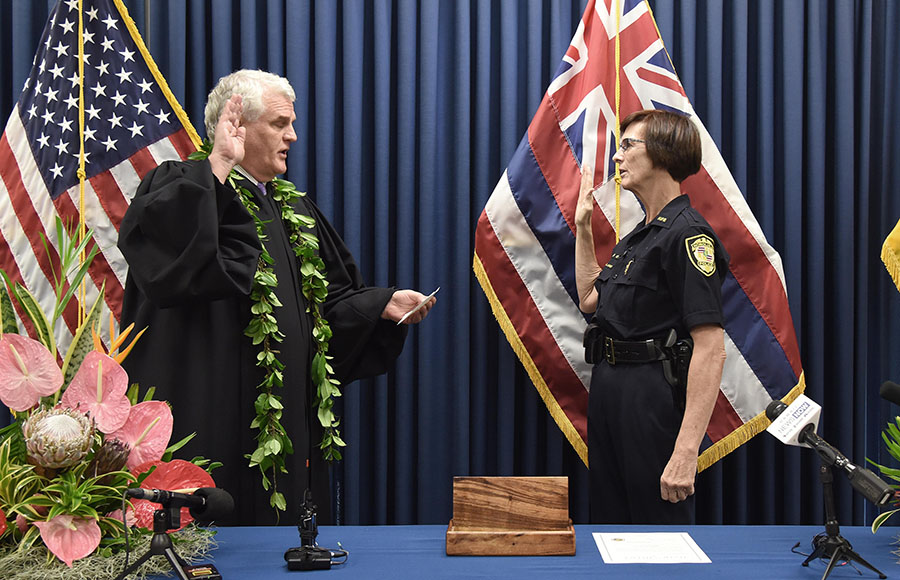
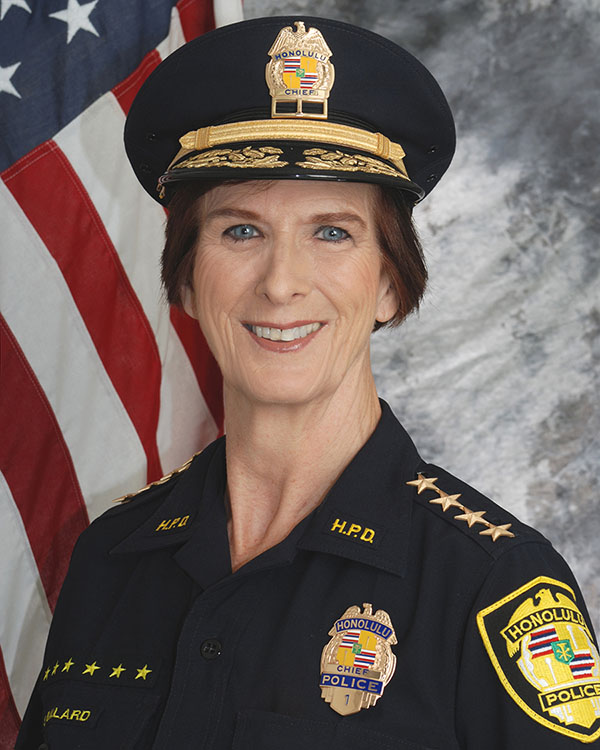
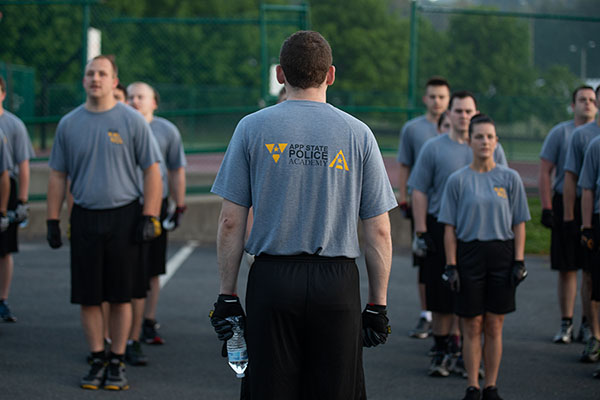
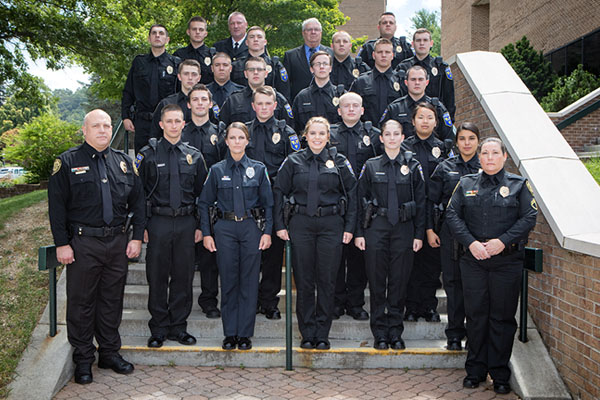
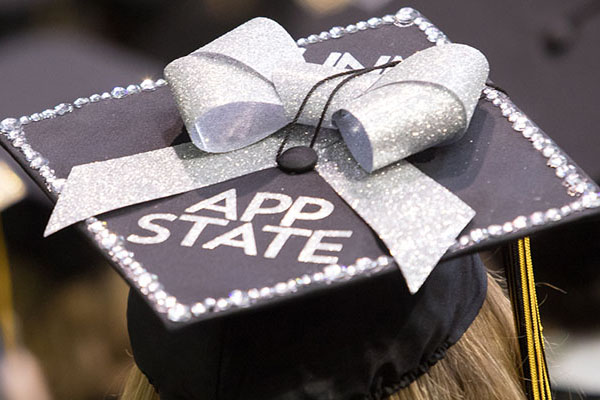



![How NCInnovation Is Rethinking Economic Development in North Carolina [faculty featured]](/_images/_posts/2026/02/rethinking-economic-development-600x400.jpg)







